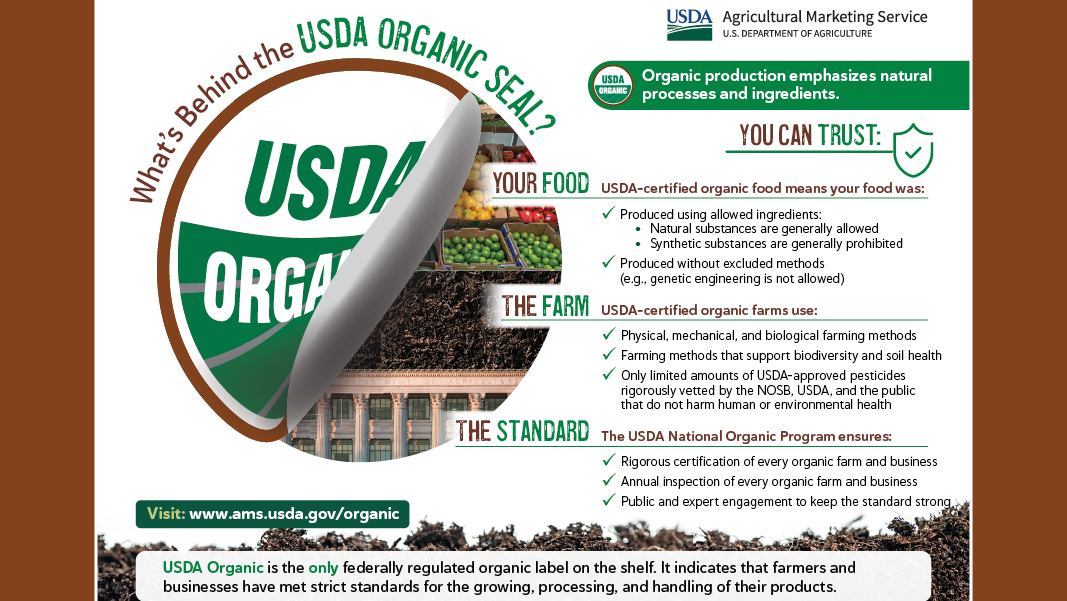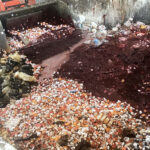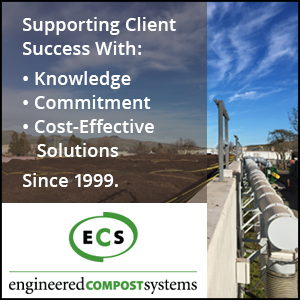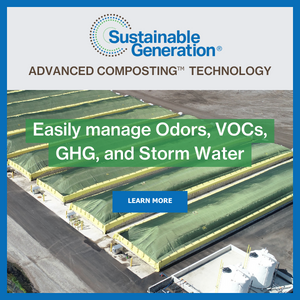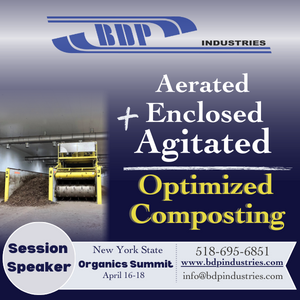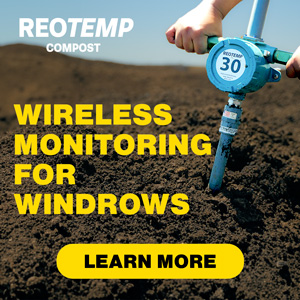Top: Image courtesy USDA
In late August, BPI petitioned both the National Organic Program and the U.S. Department of Agriculture to consider updating the definition of compost to include compostable products as feedstock. Current organic regulations governing compost and compost feedstocks “were written before these compostable materials were developed and thus inadvertently prevent them from being used by organic composters,” explains BPI. Its petition seeks to have the materials and products that meet the American Society for Testing Materials (“ASTM”) standards for compostability — D6400, D6868 and D8410 — “be designated as allowed compost feedstocks.” These materials and products are allowed as food contact packaging, including for organic food, but are not allowed as a compost feedstock. At the same time, state laws to address single-use packaging are stipulating use of ASTM-compliant compostable packaging instead of single-use, non-compostable plastics.
In an interview with Waste Dive, BPI Executive Director Rhodes Yepsen explained that existing definitions allow for certain contaminants like plastic mulch lining and produce stickers to slip into compost as long as operators make a reasonable effort to remove them, but compostable packaging that passes certification still isn’t allowed under USDA organic agriculture rules. As a result, compost manufacturers selling their products to certified organic growers either do not accept ASTM-compliant food contact packaging or have to compost it separately from piles processing animal and plant materials.
The BPI Petition requests USDA’s Agricultural Marketing Service (AMS) to expand the acceptable materials for making organic compost by defining “compost feedstock” to include compostable materials meeting the designated ASTM specifications, while retaining the pre-existing plant and animal materials feedstocks. It notes that this authority was granted to AMS by the Organic Foods Production Act, which did not restrict the identity of compost feedstocks provided the resulting compost was the product of “naturally occurring biological processes.”


